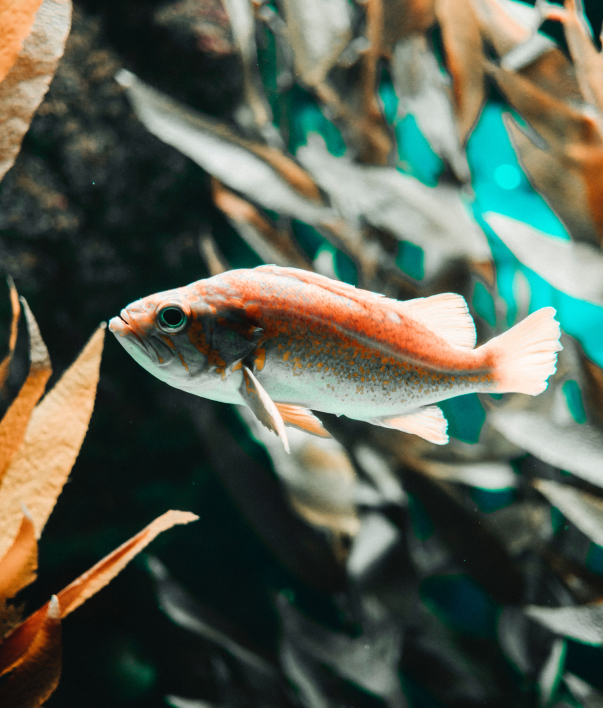Project



Aquaculture, currently supplying more than 50% of all the human consumption of fish and seafood, is a key player to ensure future food and nutrition security, especially in poor countries where fish is the main source of proteins. To meet the challenge of feeding a rapidly growing global population, large-scale intensive farming is needed. However, intensive farming models drive to a dramatic increase in disease outbreaks drastically impacting fish health, production, the environment and the economy of this industry.
Strategies followed to control and prevent pathogen infections in intensive aquaculture, i.e. mainly vaccines and antibiotics, have also important drawbacks, turning the future sustainability of the global fish production in a great challenge. Sustainable solutions for preventing and controlling pathogen hazards are used in ecological aquaculture (quarantine, lower fish density, better health management, etc.). However, these solutions cannot be transferred to intensive farming without an unaffordable reduction of industry production. In this context, new models to control and prevent pathogen infections are urgently needed for ensuring longevity and sustainability of the so-called “Blue Revolution”.
The proposed research approach has been designed to minimize possible uncertainties and offer alternative options in order to maximize project success:

We will integrate computer-based (in silico), in vitro and in vivo methods to design and test PathoGelTrap technology in order to cover the knowledge gaps.
PathoGelTrap technology targets two type of pathogens, one virus and one bacterium, in order to cover the spectrum of pathogens and reduce the risk of failure due to wrong selection of type of pathogen.
We will offer two formulations: PathoGelTrap Liquid (flocculant) and PathoGelTrap Filter (gel). These two strategies allow us broad flexibility: PathoGelTrap Liquid could be used only in closed farms while the PathoGelTrap Filter could be used also in open farms, in the form of mobile filters.
We will test two aquatic environments (fresh water and salt water). By trying two aquatic environments, we will increase the rate of success.

SmartWater is a high-tech SME specialized in the development of AI-based managing system for fish farms. With their sensors and performance systems they will support the tests and the assessment of the environmental impact of PathoGelTrap over water quality, by providing with precision up to 85 parameters related to water quality.

CSIC, is an expert in protein engineering and nanomechanics of proteins.

UCD has specific expertise in risk assessment with particular focus on implications for human health and environmental contamination. Here they will use this expertise to evaluate environmental and potential human health risks from the deployment of the final product.

IZSVE conducts prevention, control and research activities in three main areas: animal health and welfare, food safety, and environmental protection. Here, they will i) provide pathogens (virus and bacteria), ii) perform the welfare assessment of the fish in different conditions and iii) test in vivo the PathoGelTrap technology.

IFPAN has ample experience in molecular dynamics simulations (both atomistic and coarse-grained) of fluids, proteins and multi-protein complexes, including virus capsids. Here, IFPAN will provide in silico models for the behaviour of the products.

LOMARTOV is an Environmental Engineering SME, located in Valencia, Spain. Our mission is to provide high-qualified consultancy services to help companies and organizations in developing innovative and circular solutions, industrial, and technological projects to improve their environmental, economic, and social sustainability with a multidisciplinary approach.